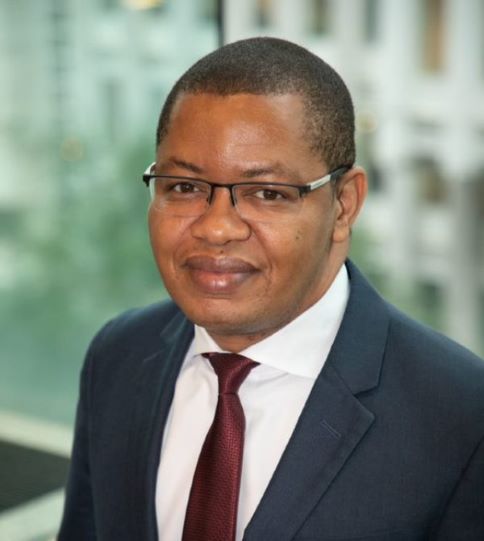PHOTO: Khwima Nthara, World Bank Liberia Country Manager.
WASHINGTON– The World Bank Board has approved the third and last in a programmatic series of three Inclusive Development Policy Operations (IGDPO) designed to support key reforms that are critical to enabling inclusive growth, the World Bank has said.
In a press statement issued over the weekend (September 30, 2022), the Bank said the financing, amounting to $55 million ($47.50 million International Development Association (IDA)* concessional credit and $7.50 million IDA grant), will be disbursed as budget support. These reforms will remove distortions in key economic sectors, strengthen public-sector transparency, and promote economic and social inclusion.
The reforms supported in this programmatic series are aligned with the government’s objectives for improving access to quality agriculture seeds, clean and cheaper electricity, financial inclusion, access to social safety nets, and to other public services, especially for the poorest households, including refugees and refugee hosting communities.
“We commend the Government of Liberia for successfully completing this programmatic reform series. The benefits of the reforms implemented are already becoming visible and include among others, the reduction in electricity tariffs and the cost of importing quality-verified solar products which will benefit many households in Liberia,” said Khwima Nthara, World Bank Liberia Country Manager.
This IGDPO builds upon the gains made under the first and second operations of this program approved in 2020 and 2021. The reforms supported by this operation will strengthen the regulatory environment to incentivize private-sector participation in the agriculture seed supply chain, through seed development, multiplication and certification. The actions supported under this operation will contribute to reducing commercial losses and strengthening Liberia Electricity Corporation’s (LEC) financial sustainability, as well as increasing access to solar energy. The previous operation supported the reduction of electricity tariff for poor households from US$0.385/kWh to US$0.22/kWh in May 2021, while this new operation further reduced the tariffs to US$0.15/kWh.
“Numerous regulatory challenges that hindered the growth of digital financial services (DFS) have since been addressed by the Central Bank of Liberia (CBL), with active support from this budget support program along other World Bank Group programs, resulting in Liberia’s National Financial Inclusion Strategy (NFIS) objective of increasing access to formal financial services to 50 percent by 2024 already being exceeded in 2021,” said Mamadou Ndione, World Bank Senior Economist and Task Team Leader of the IGDPO program.
The reform programs being supported are aligned with the Liberia’s Pro-poor Agenda for Prosperity and Development and the World Bank’s Country Partnership Framework.
*The International Development Association (IDA) is the World Bank’s fund for the poorest. Established in 1960, it provides grants and low to zero-interest loans for projects and programs that boost economic growth, reduce poverty, and improve poor people’s lives. IDA is one of the largest sources of assistance for the world’s 76 poorest countries, 39 of which are in Africa.
IDA resources help effect positive change in the lives of the 1.6 billion people living in the countries that are eligible for its assistance. Since its inception, IDA has supported development work in 113 countries. Annual commitments are constantly on the rise and have averaged $21 billion over the past three years, with about 61% going to Africa.

